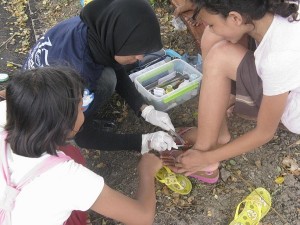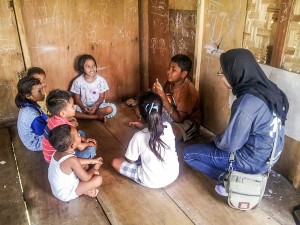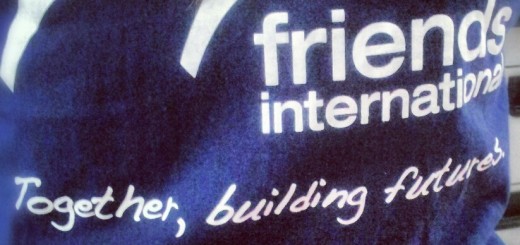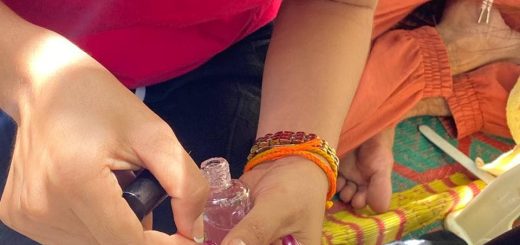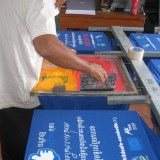Indonesia Blog #1 – ‘Gettin’ started in Jakarta’
Things are moving fast for our Teman Baik program in Indonesia. Country Program Director, Ghislain, gives us a unique insight on their progress. This, a rare opportunity for us to show you how Friends programs are built, is only the first of a series: think of it as the making of a Friends Program! Keep following us, we’re thrilled to see the team grow and reach more children and youth – and we’re just as excited to tell you how we do it!
To start this series, first a little bit of background: in this post Ghislain focuses on what Friends been doing in Indonesia since 2007 and how we got to where we are now.
In 2012 we fully restructured our activities in Banda Aceh and began prepared an office opening in Jakarta from where we could reach out to Indonesian children, youth and families. We started recruiting for the new Jakarta team in mid February this year, and there’s already a lot happening!
We first established the Banda Aceh program in 2007, 3 years after the 2004 Boxing Day tsunami devastated the city, claiming more than 150,000 lives. As emergency relief organizations worked to rebuild basic infrastructures, including access to clean water, health centers and schools, we set up a team of social workers to reach children and youth who were separated from their families.
As we quickly noticed, international efforts to rebuild the city were not reaching everybody – in some cases the tremendous amounts of foreign aid flowing to Banda Aceh created new problems. Many families began sending their children to beg near hotels and restaurants where foreign aid workers could be met. Youth and families migrated in large numbers from Sumatra and surrounding areas hoping to find well paid jobs in one of the many NGOs or construction sites.
Many of them did not – but most stayed, living precariously on the streets or in slum communities. The majority of aid organizations gradually left Aceh province between 2007 and 2011 as the infrastructure works neared completion, leaving the province with new challenges. Inflated salaries paid during the reconstruction period were no longer sustainable. Many young people were left unemployed, often refusing what they would have considered good jobs before the tsunami.
Friend teams supported many of these children, youth and families. We opened a mobile center and conducted daily outreach teaching youth how to protect themselves against the new risks they were exposed to. We provided basic education and worked with public schools to facilitate the reintegration of many of these children ensuring teachers would be supportive. We worked with business owners providing skill training to unemployed young people, many of whom found stable jobs and were later able to support their families, enabling their siblings to attend school. We worked with parents to help them find sustainable income sources so they could afford to send their children to school. We worked with “becak” drivers (local motorcycle rickshaws) to become of the ChildSafe network so they could identify children at risk and know how to actively protect them.
By 2012 things had changed dramatically in Banda Aceh. In response we changed our approach to best service our beneficiaries. Foreign aid workers were long gone. The number of new migrants arriving to Banda Aceh was decreasing and local authorities were taking strict actions against street groups we used to work with. This culminated to a drastic reduction in the number of street children and youth.
To remain effective, street outreach could no longer be the heart of our program. We have refocused our work on the most vulnerable communities of the city where many families continue to struggle supporting their children through education and where the risk of child abuse is high.
This work is two-fold: we’re training key community members as ChildSafe members so they can identify children at risk, respond immediately and call our social workers for intervention if additional support is needed. Further to this, we are building a network of trained volunteers providing school support to children who are at risk of drop out while actively engaging parents so they are better equipped to support their children’s education.
We’re receiving a very positive response so far from local communities and authorities. With the right support, the communities and authorities gradually take these issues into their own hands. That’s the heart of what we try to do with the ChildSafe Network in the locations it is implemented.
Stay tuned for a next post soon, we’ll tell you how the new Jakarta program came about and what the first days of work on the streets of the world’s second largest city have been like!
